Discover the Mathematics curriculum at West Sussex preparatory school Sompting Abbotts
“Mathematics is the language with which God wrote the universe.”
Aim
The aim of the Mathematics department at Sompting Abbotts School is to inspire our students by showing them that there is very little in our daily lives that does not have Mathematics at its core. In short, we aim to:
Provide students with a sound grasp of numbers.
Develop a systematic approach to solving problems.
Encourage confidence by practice.
Allow children to express themselves coherently and accurately, using a wide range of techniques.
To confidently apply these skills to real life situations, problem-solving and practical tasks.
Enable our children to enjoy their studies and take the subject as far as they can.
Achieve a high standard in Mathematics based on solid understanding.
To differentiate our teaching to meet each individual pupil’s needs.
Our approach
From Nursery to Year 3, Mathematics is taught by a class teacher. In Years 4 to 5, Mathematics is taught by an experienced Maths teacher. In Years 6 to 8, classes are taught by a dynamic and dedicated Maths specialist with considerable experience at teaching the subject with passion and excellent subject knowledge.
Towards the end of Year 7, the students are in groups broadly matched for ability. This is to meet the requirements for Common Entrance and Scholarship. Opportunities for extra support lessons for those less able are also available.
A range of different teaching techniques are employed to deliver the subject - these include individual, paired and group working, whole-class and individual discussion, practical activities to apply and consolidate learned skills, times-table practise, mental and aural arithmetic and problem-solving. The department employs technology in delivering the curriculum, with an interactive whiteboard used to enliven lessons and support learning whenever appropriate.
The outputs include written work, displays, projects, and presentations, both to class and whole-school (in Assemblies).
Homework is set on a weekly basis to consolidate class learning. The MyMaths and Sumdog IT programs are used on the school’s Chromebooks and at home.
The ethos of the department is that children should enjoy the subject and feel their confidence increase as they become more familiar with concepts whilst keeping a clear aim of achieving their specified targets with regard to knowledge, skills and understanding.
We believe that a range of different approaches is key to the subject. Some children will learn by practising mathematics with kinaesthetic apparatus and support materials to investigate problems whilst others who are more adept can embark upon independent investigative work.
“From the quantum theories of Stephen Hawking to the stories of Alice’s Adventures in Wonderland, the study of quantity, structure, space and change can propel human thinking into new areas.”
What will my child study?
From Year 3 to Year 6
Students will be guided through attaining the skills and knowledge requirements of the National Curriculum Key Stage 2 programme of study, extending to those of CE 11+. The principal focus of mathematics teaching at 11+ is to:
Ensure that pupils extend their understanding of the number system and place value to include larger integers
Develop the connections which pupils make between multiplication and division with fractions, decimals, percentages and ratio
Nuture pupils’ ability to solve a wider range of problems, including increasingly complex properties of numbers and arithmetic, and problems demanding efficient written and mental methods of calculation
Introduce pupils to the language of algebra as a means for solving a variety of problems
Consolidate and extend knowledge developed in number in geometry and measure; to ensure that pupils classify shapes with increasingly complex geometric properties and that they learn the vocabulary they need to describe them
Make certain pupils are fluent in written methods for all four operations, including long multiplication and division, and in working with fractions, decimals and percentages
Establish that pupils read, spell and pronounce mathematical vocabulary correctly
Year 7 and Year 8
Students continue to develop all aspects of their mathematical skills and knowledge from Key Stage 2 and are extended to cover most of the Key Stage 3 programme of study for use at Common Entrance level, and further for Scholarship candidates.
During Key Stage 3, students increasingly make connections between different aspects of mathematics. Students develop fluency in their mathematical ideas, mathematical reasoning and competence in solving increasingly sophisticated problems. There is an extensive focus on algebra to create a solid foundation for GCSE. The students also apply their mathematical knowledge in Science, Geography, computing and other subjects.
Meet the Head of the Mathematics Department (click on the link)
Our Insight
How to improve children’s confidence in Maths
Maths in action
What use is learning maths in life? Head of Maths Ms Farley found a good answer to a question she’s always asked! She organised a visit to Shoreham Airport as a maths education trip.
She said: “The airport offers a tour run by volunteers which is fabulous so we combined the two aspects. The tour guide, Steve, gave us history of the airport and planes and also extensive insight and knowledge about all aspects of the planes, helicopters and overall running of the airport.”
The children were lucky to have a BA pilot, Mr Gibbs, arrange his time to accompany them. Said Ms Farley: "He gave a brief talk before we left about all the different kinds of maths he uses in his day to day duties. In Year 7, two big topics are 'bearings' and 'speed' which relate to 'real-life' flying."
Ms Farley added: “I felt that flying was something seen as quite exciting for youngsters (even if it just relates to their travels abroad). Mr Gibbs was fantastic on the trip, seeking out relevant dials on the planes to explain how they use bearings, explaining about air pipes to measure speed crucial to take-off, even throwing out a few real example maths problems related to his job for the group to solve.”

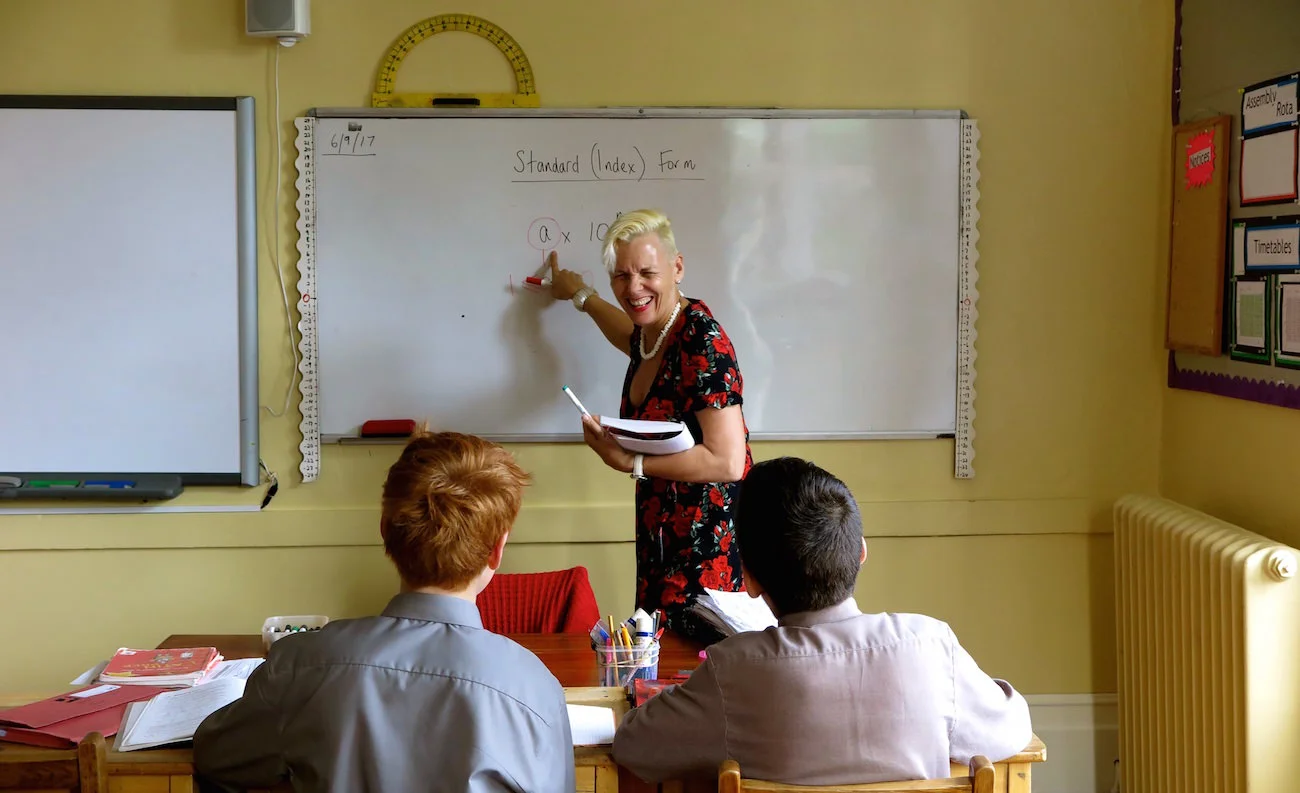
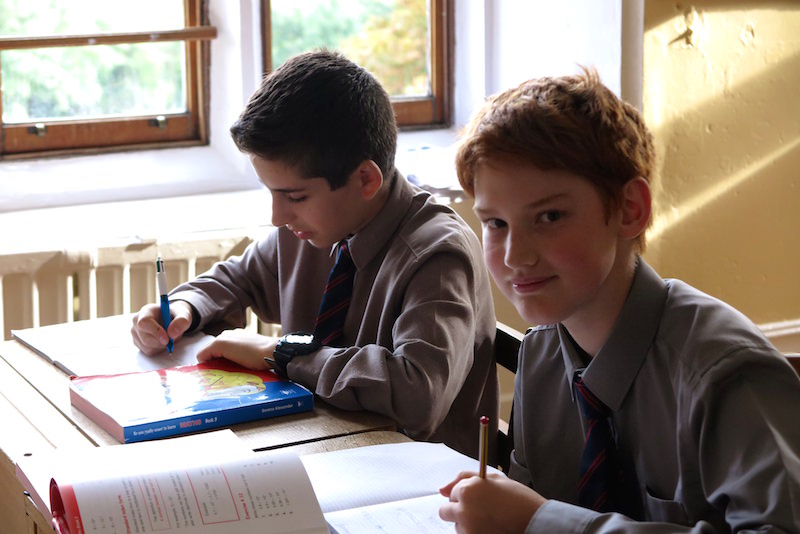

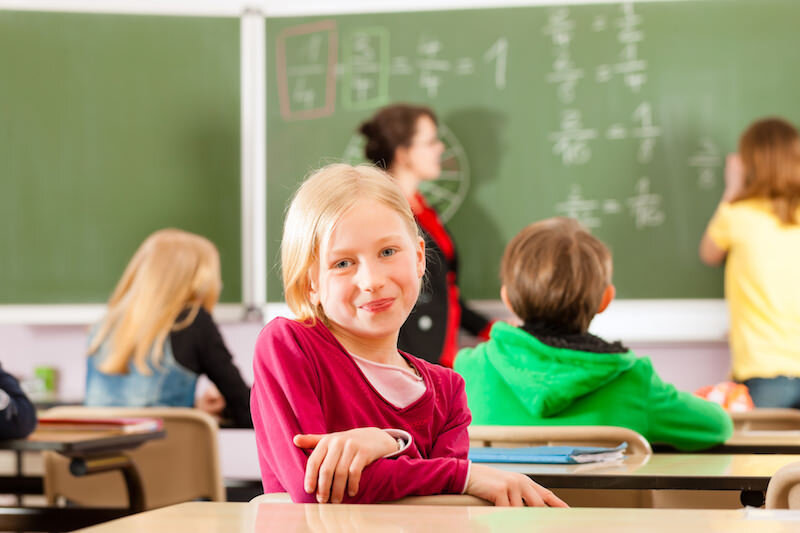
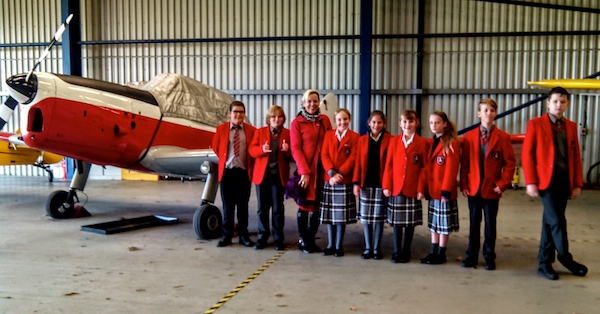


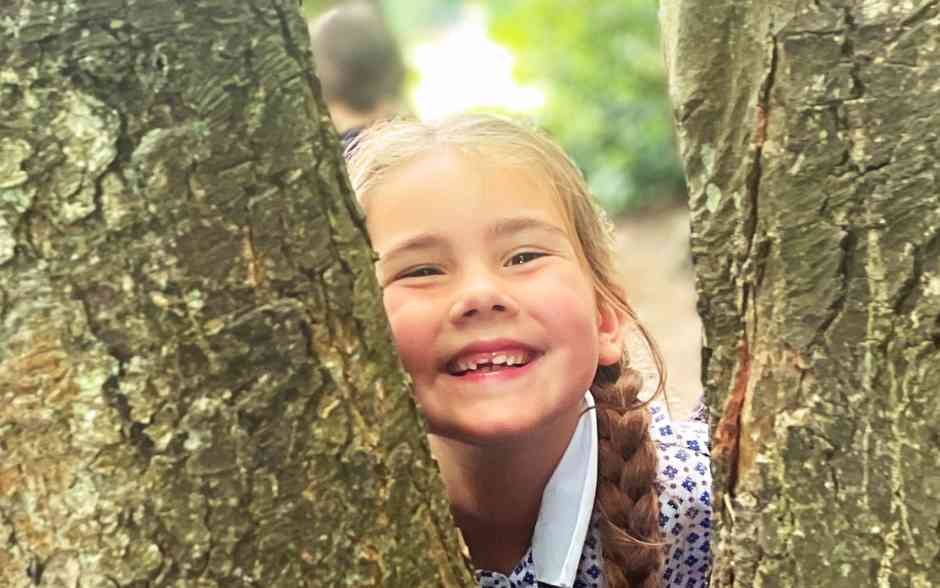
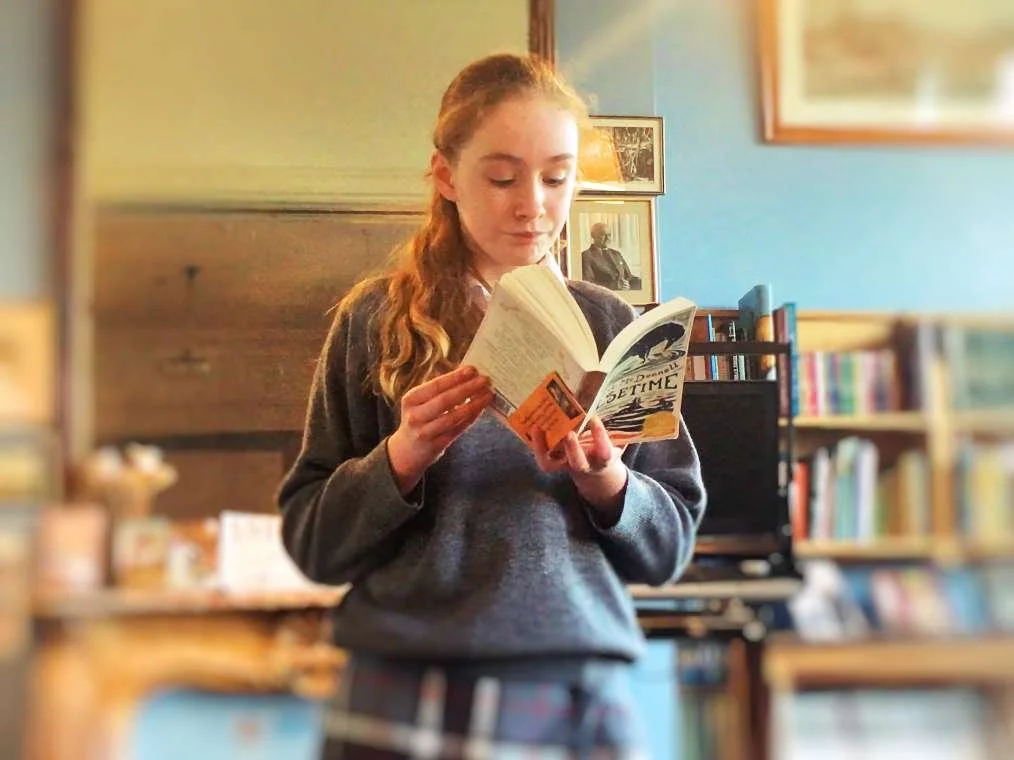















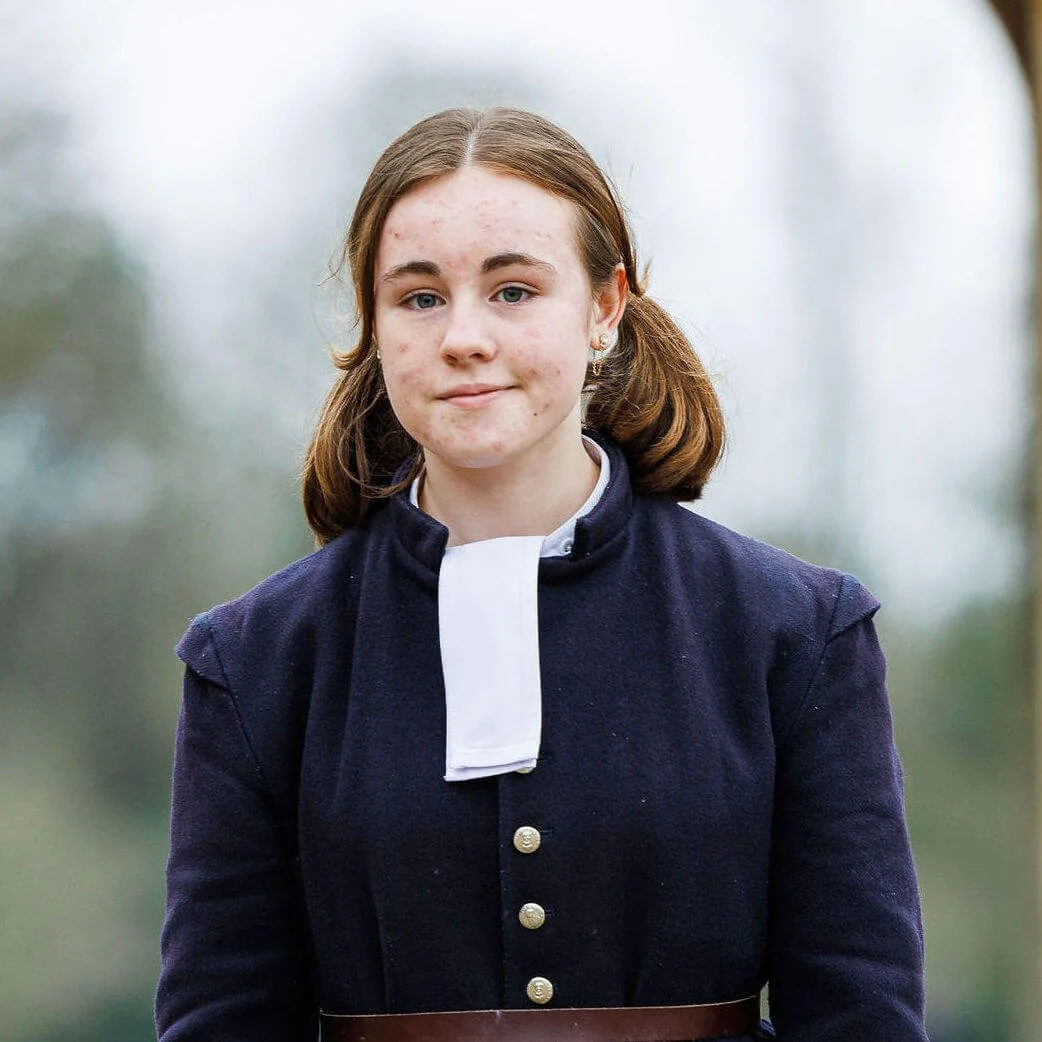
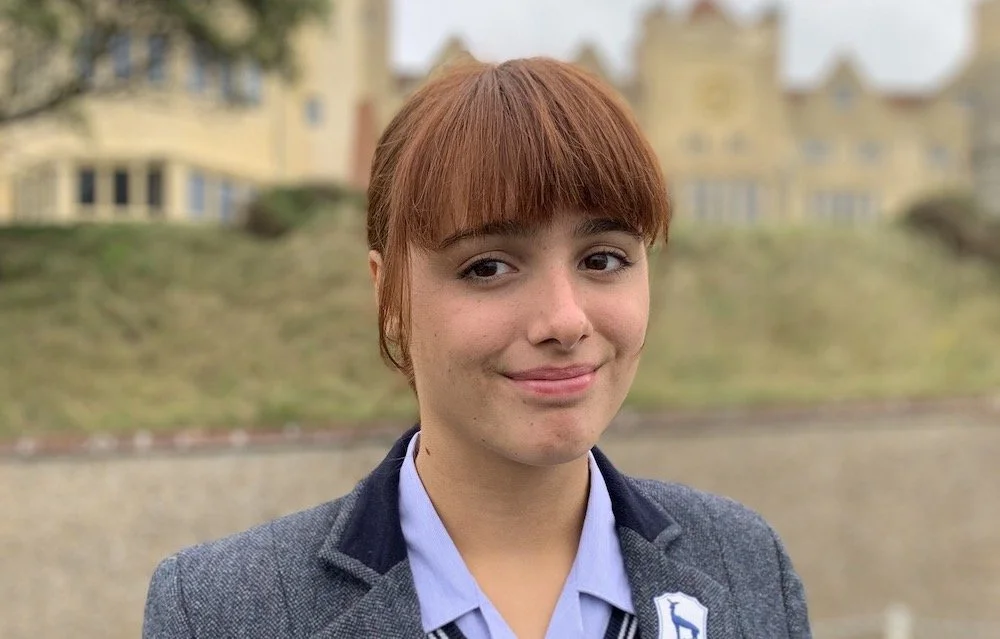


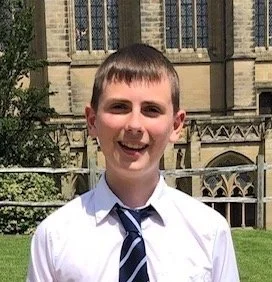

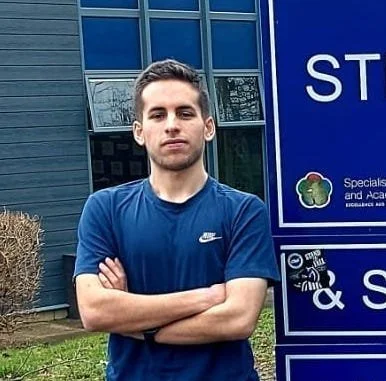

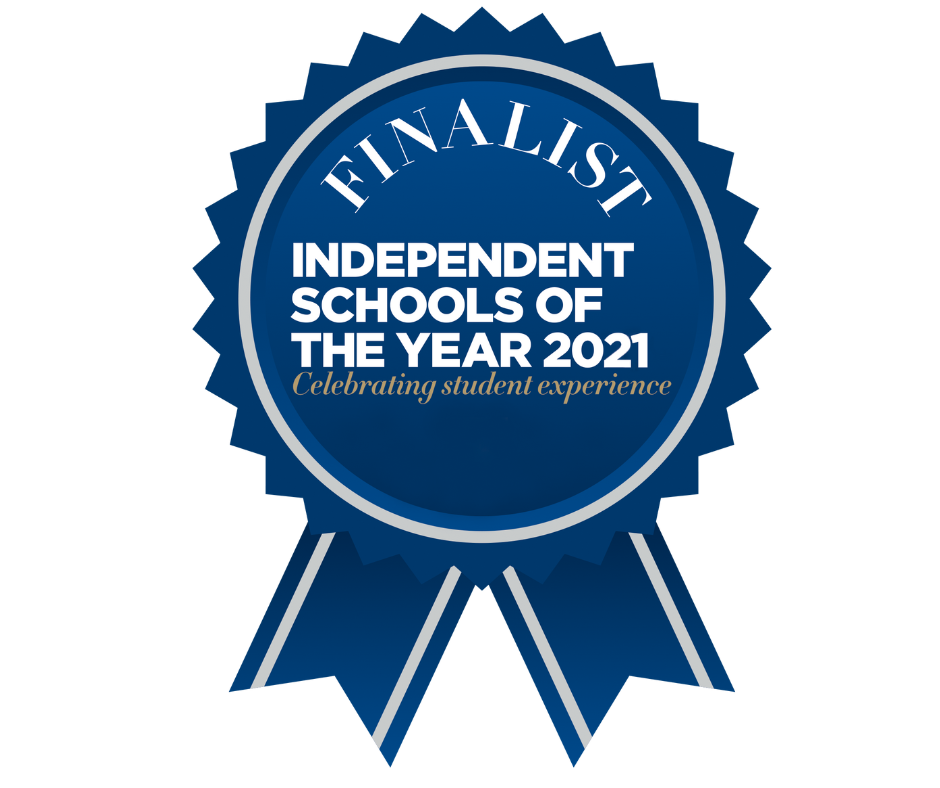



What child doesn’t love to collect handfuls of glossy brown conkers? At Sompting Abbotts, they don't just fill their pockets — even socks become makeshift pouches. And so, at this time of the year, we send the children out into our school grounds to look for shiny conkers (not that they need any persuading).